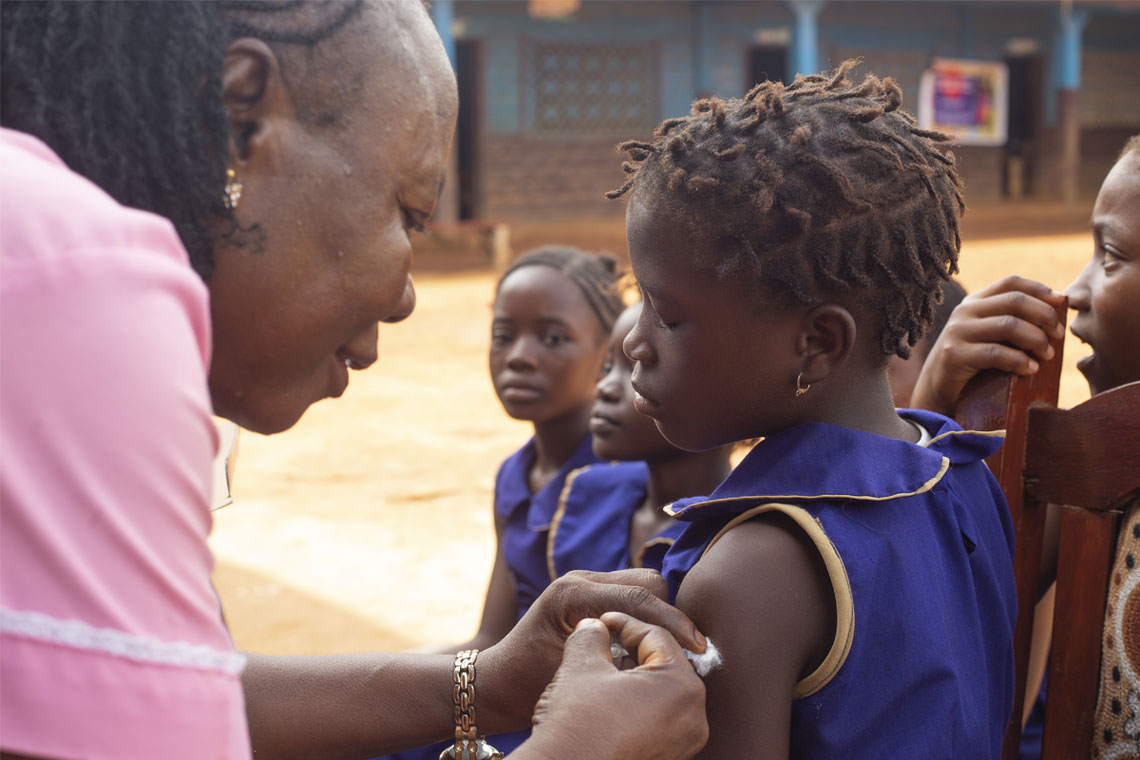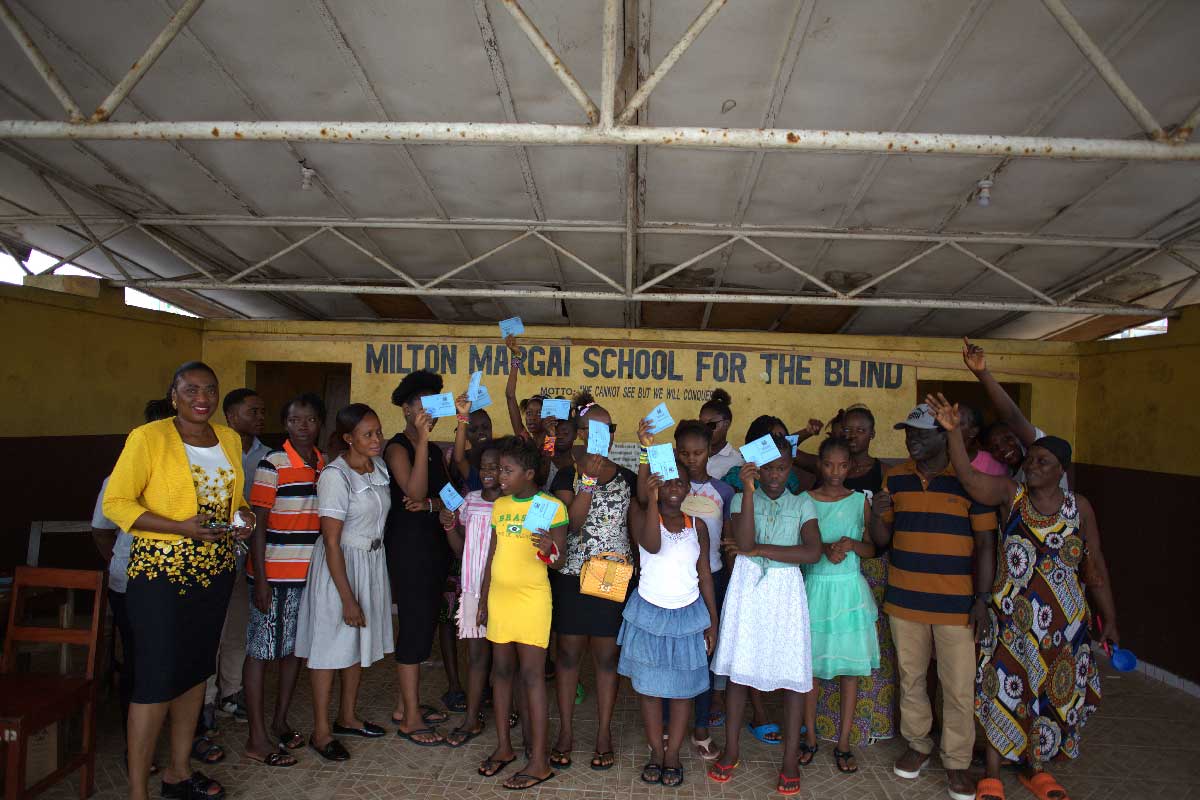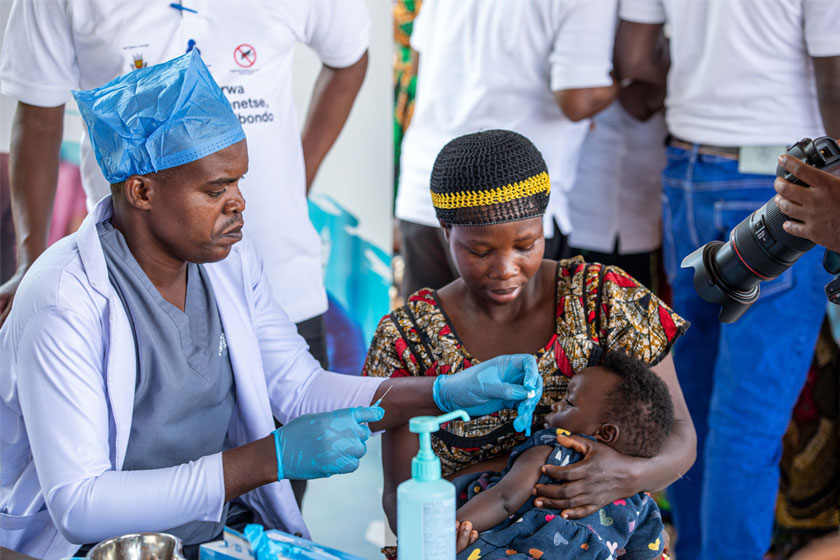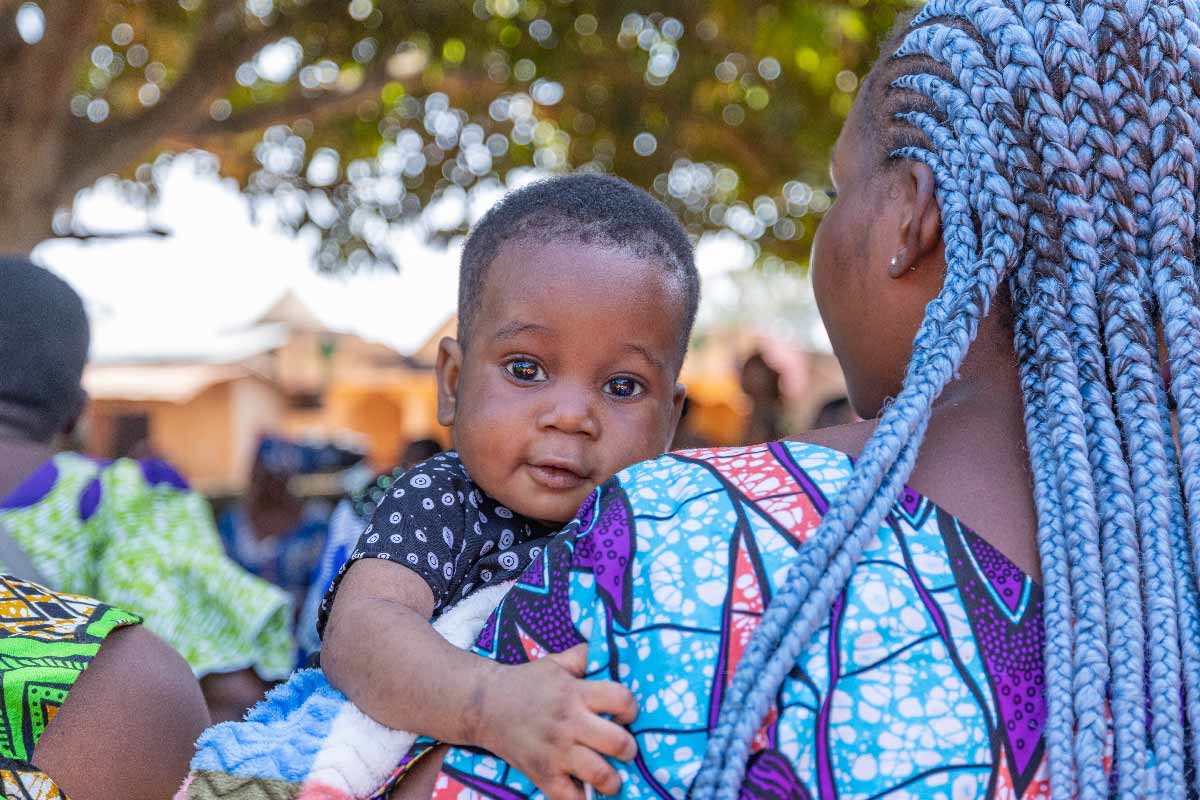Innovating to save lives: how new financing partnerships are strengthening health and immunisation
Gavi is forging new partnerships in the multilateral development bank sector to help countries sustain financing for immunisation programmes.
- 12 June 2025
- 5 min read
- by Gavi Staff
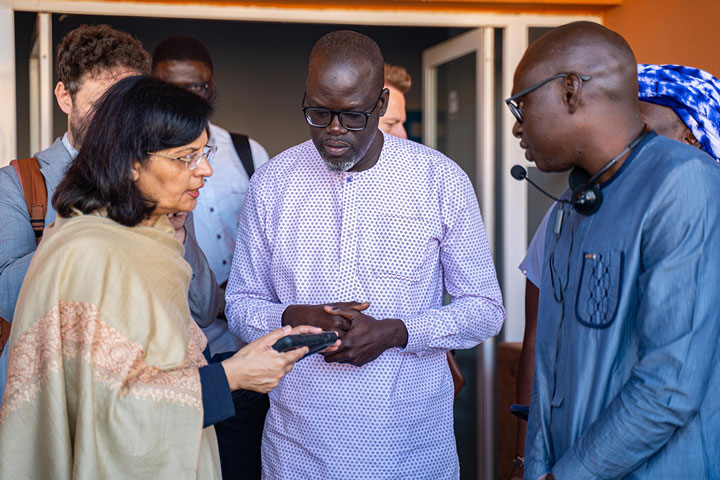
Over the past two decades, Gavi has helped to immunise more than 1.1 billion children across the world. But as countries’ economies grow and they transition out of Gavi support, many face a common challenge: how to keep their immunisation programmes strong enough to build on this success and continue to improve their populations’ health.
That’s where multilateral development banks (MDBs) step in – offering countries the means to invest in immunisation infrastructure through affordable financing.
As global health challenges evolve and financing needs grow, Gavi is deepening its collaboration with these development banks to support more countries and ensure that their immunisation programmes continue to thrive.
Banking on prosperity
MDBs are international institutions, backed by multiple governments, that exist to support developing countries through a combination of loans, grants and expert advice – often on more concessional terms than a country might receive elsewhere.
Imagine a group of countries pooling their resources to try and tackle some of humanity’s stubbornest problems – poverty, fragile economies and a lack of basic infrastructure such as hospitals and clean water. That’s essentially what MDBs are.
Their goal is to help countries grow and prosper, by providing grants or loans with very low interest rates and long repayment periods.
Importantly, MDBs assess the country’s ability to pay when setting the interest rate of the loan, with the poorest countries or those most at risk of debt distress often receiving financing in the form of grants, and others receiving financing on considerably more favourable terms than typical market loans.
Strengthening primary health systems
Gavi has been partnering with one of these institutions – the World Bank – since its inception.
Over the past decade, the World Bank committed to co-finance US$ 3.2 billion worth of health and nutrition programmes in 12 countries, alongside US$ 278 million in planned grants from Gavi, including recent programmes in Indonesia, Pakistan and Laos.
In these programmes, Gavi has pooled its financing with the World Bank and others, including the Global Fund, the Global Financing Facility and donors such as Australia’s Department of Foreign Affairs and Trade.
Have you read?
While Gavi’s grants fund critical investments specific to immunisation, such as in cold chain infrastructure or training community health workers, the World Bank finances broader investment in health systems, such as improving the quality of primary healthcare, and provides technical support to the country.
By collaborating with more of these institutions, Gavi hopes to help put countries’ immunisation programmes on a more sustainable long-term financial footing.
“A core feature of Gavi’s sustainable financing model has been for countries to exit and self- finance their own immunisation programmes as soon as they can afford to, but they often need help to ensure health systems are strong and resilient enough to sustain the gains from decades of Gavi investment,” says Charles Bleehen, Head of Development Finance at Gavi, the Vaccine Alliance.
Although Gavi already funds some of this work, “the MDBs invest much larger sums in health systems,” Bleehen explains. “To help more countries successfully manage the transition from Gavi support over the coming decade, we are looking to innovative financing partnerships and mechanisms that can help countries to leverage more of this investment for immunisation.”
Economic growth
Importantly, Gavi wants to support countries to invest in the up-front and infrastructure costs needed to ensure that programmes can be sustained well into the future.
This goes further than just paying for vaccines. “MDB financing helps countries to cover the big humps of investment needed to introduce or sustain coverage of a vaccine on terms they can afford, often on a concessional basis,” says Bleehen.
Even though many countries will be expected to repay financing from MDBs further down the line, they are likely to be economically stronger – as vaccinated children grow into healthier, better-educated adults, workers are more productive and parents miss fewer workdays caring for sick children – so this investment pays back, over time.
Deepening partnerships
Building on their existing relationship, Gavi and the World Bank are deepening their partnership with a renewed sense of urgency and ambition.
Over the next five years, they aim to expand sustainable financing for immunisation programmes across more countries, while also supporting Africa’s drive for vaccine self-reliance through Gavi's African Vaccine Manufacturing Accelerator – an initiative designed to bolster regional vaccine production and reduce dependence on global supply chains.
Gavi is also expanding its partnerships with the European Investment Bank (the financing arm of the European Union), and the Asian Development Bank. During the COVID-19 pandemic, it collaborated with these institutions to help lower-income countries to purchase additional COVID-19 vaccines above those allocated through the COVAX scheme.
The European Investment Bank (EIB) is now providing Gavi with €1 billion in liquidity to fast-track access to vaccines targeting viruses with pandemic potential – such as Ebola – and to strengthen routine immunisation against diseases like measles, malaria and human papillomavirus (HPV).
At the same time, Gavi is exploring fresh ways to collaborate with the EIB, such as initiatives to shape vaccine markets and drive down the cost of new vaccines.
New partnerships
Gavi’s relationship with the Asian Development Bank is also evolving into something broader and even more ambitious: a new partnership to help Gavi-eligible countries across Asia and the Pacific to access sustainable financing for health and immunisation programmes, build climate-resilient health systems and amplify advocacy and knowledge-sharing around immunisation.
On 13 May 2025, Gavi and the Asian Infrastructure Investment Bank (AIIB) also announced a landmark partnership that will unlock up to US$ 1 billion in health-related financing for AIIB members that are also eligible for Gavi support, with a focus on strengthening immunisation and health systems.
The collaboration could help finance the introduction of high-impact vaccines in middle-income countries, provide targeted assistance to countries that are transitioning out of Gavi support and support the procurement of vaccines – complemented by Gavi grants, subject to demand.
The two organisations will also explore innovative approaches, such as donor liquidity mechanisms that can rapidly mobilise funds to support immunisation work or emergency response.
